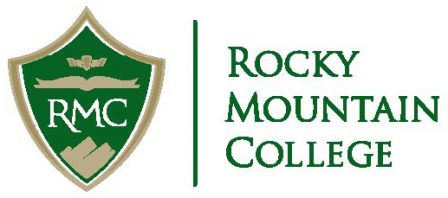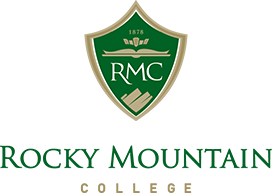Career Fair Preparation
October 14, 2022 2024-02-16 16:50Why go?
Much of the job search process, before you can even get an interview, is not done in person. It involves employers screening résumés and cover letters, and you reading about employers and viewing their websites. Take advantage of opportunities to meet employers face-to-face. Regardless of the extent to which technology makes it easier and faster to share information between job seekers and employers, nothing replaces in-person contact for making an impression.
To be effective at a career fair, you need to be ready to make a good impression in person (just as you will be evaluating organizations by the way their representatives behave in person).
Before you go…
- Know which employers are attending. Employer lists and booklets might be available in Career Services Office.
- Do enough research to make "A" & "B" lists of employers to meet. Depending on the fair and how many employers interest you, you might not have time to speak with every employer (and every employer may not be offering what you seek). You don't need to study employers' financial reports to prepare, but you do need to have some sense of what the organization does and if there is a fit between your skills and interests and the employer's needs.
- Have plenty of copies of your résumé ready. Always take print copies of your résumé to a career fair. You might need to prepare more than one version. If you're looking for more than one type of position, and they are significantly different (i.e., marketing vs. human resources), you may need different versions of your résumé, each tailored to support the different objective. This doesn't mean you need an individualized résumé for each employer at a fair. It simply means when you speak to an employer and say you're interested in a certain kind of work, don't hand the employer a résumé that has nothing to do with that kind of work. Be prepared that some employers cannot accept hard copy résumés and will ask you to apply online. This is to comply with federal regulations about the way employers keep data on applicants.
- Prepare a 20 to 30 second introduction to use with employers. You don't want to sound like a telephone solicitor reading a script; you do want to sound like you thought about why you're there. It might be something like, "Hello. I'm Joe Smith, a junior in communication studies. I'm looking for an internship related to marketing for next summer. I read on your website that (name of company) has an internship program in your corporate marketing department, and I've done some project work that I believe is related to the internship work. I'm very interested in your program." Keep in mind that some employer representatives may take control of the conversation quickly and you may do more listening than speaking, but you do want to be prepared to be proactive rather than passive.
- Know the dress code. Each fair has its own styles and traditions. Some are business casual; some suggest or require interview attire.
- Watch your manners and mannerisms. Stand up straight, don't fidget, do speak up and speak clearly, don't chew gum, or smell like smoke. Have a good handshake and make good eye contact.
- Carry a simple folder to keep your résumés organized and ready. Be ready to hand employers the appropriate résumé. Bottom line is that you want to look like an organized person because that's an asset in an employee.
- Have an open mind. You may have 12 employers on your target list to speak with. If you have extra time, or have to wait to speak with an employer, take advantage of the opportunity to chat with other employers who aren't busy. You might learn something to your advantage to your surprise. At the least, you'll be practicing initiating a conversation in a less formal business environment, which is an essential skill in any work environment. This is your opportunity to be evaluated on more than just your résumé. In many aspects of the job search, your résumé and cover letter are all the employer sees to determine whether to interview you. At a fair, you have an opportunity to stand out in person in a way that you might not on your résumé. Interpersonal, communication, and work-place-appropriate social skills are critical. Many employers evaluate these skills heavily, because they want to hire people who can make a good impression on their clients and customers.
Follow Up
Gather contact information from employers you talked with during the fair. Write a brief email a day or two after the career fair to thank them for their time and hit on a couple issues you discussed with the employer. A well-written note will make a long lasting impression, because few students actually do this.
Contact
Career Services
Bair Family Student Center 116


